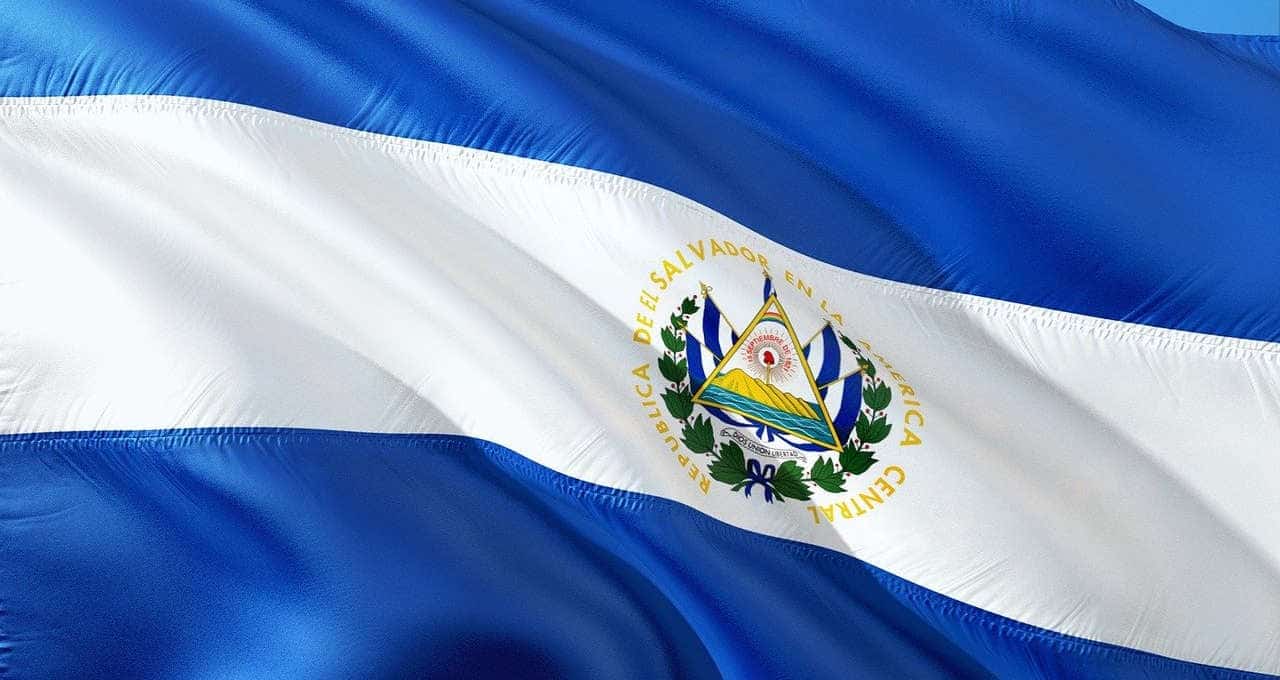President Bukele’s Latest Initiative: A Bitcoin Bank to Diversify Economic Opportunities in El Salvador
The new bank will operate under less restrictive conditions, removing typical banking prohibitions and loan restrictions. With a required capital of $50 million, the bank aims to attract significant foreign investment and stakeholders. El Salvador, under the leadership of President Nayib Bukele, is considering the establishment of a Bank for Private Investment (BPI), a move [...]


- The new bank will operate under less restrictive conditions, removing typical banking prohibitions and loan restrictions.
- With a required capital of $50 million, the bank aims to attract significant foreign investment and stakeholders.
El Salvador, under the leadership of President Nayib Bukele, is considering the establishment of a Bank for Private Investment (BPI), a move aimed at enhancing the country’s financial infrastructure for both traditional and digital currencies. This initiative, highlighted by Salvadoran Ambassador to the United States, Milena Mayorga, seeks to provide diversified financing options in U.S. dollars and Bitcoin.
Proposal Details and Implications
On June 14, in a statement on X, Mayorga outlined the proposal for the BPI, which is part of a broader economic strategy for El Salvador.
“As part of our economic plan for El Salvador, we propose a BPI, Private Investment Bank, where we can diversify the financing options offered to potential investors in Dollars and Bitcoin,” wrote Salvadoran ambassador to the United States, Milena Mayorga, in a post published June 14 on X.
This proposal comes shortly after President Bukele commenced his second presidential term, following a decisive election victory in February. The new bank aims to not only broaden investment opportunities but also to integrate Bitcoin more deeply into the nation’s economic framework, as mentioned previously in Crypto News Flash.
As part of our economic plan for El Salvador, we propose a BPI, Bank for Private Investment, where we can diversify the financing options offered to potential investors in Dollars and #Bitcoin.
#BitcoinBank#EconomicFreedom https://t.co/3hfwVvTSeX
— Milena Mayorga (@MilenaMayorga) June 14, 2024
Max Keiser, also expressed optimism about the proposal. He referenced a forecast by Ark Invest CEO Cathie Wood, suggesting that El Salvador’s real GDP could significantly expand over the next five years, a prospect that the establishment of a Bitcoin-focused bank could enhance.
President Bukele hits ground running in new term with new legislation establishing a #BITCOIN BANK in

– Borrowers can collateralize their pristine, no counter party risk #Bitcoin
Billions of #Bitcoin will flood into El Salvador upping GDP
credit rating hits IG within 24… https://t.co/1olq9OWy6k
— Max Keiser (@maxkeiser) June 14, 2024
Regulatory Framework and Flexibility
The BPI would operate under a less restrictive regulatory environment compared to traditional banks. It would not be subject to typical banking prohibitions, such as limitations on interacting with overseas banks or financial entities associated with its shareholders. Furthermore, the proposed bank would not have caps on the amount of credit issued or risks assumed concerning a single client.
The BPI would be required to initiate operations with a minimum share capital of $50 million and could have at least two shareholders, who may be international investors. This structure is intended to attract substantial foreign investment and support the development of El Salvador’s financial services sector.
Digital and Traditional Currency Operations
The bank is planned to handle transactions in dollars and Bitcoin, and could potentially receive authorization to operate as a digital asset and Bitcoin service provider. This dual capability underscores El Salvador’s ongoing commitment to embracing bitcoin as a tool for economic development.
Current Status and Legislative Process
As of now, the legislative process required to establish the BPI is still in its preliminary stages. María Luisa Hayem, El Salvador’s Minister of Economy, has presented the proposal to the Technology, Tourism, and Investment Commission. However, the proposal has not yet been approved. Legislators have yet to convene officials to discuss the project’s objectives or bring it to a vote within the commission.
What's Your Reaction?









































































































